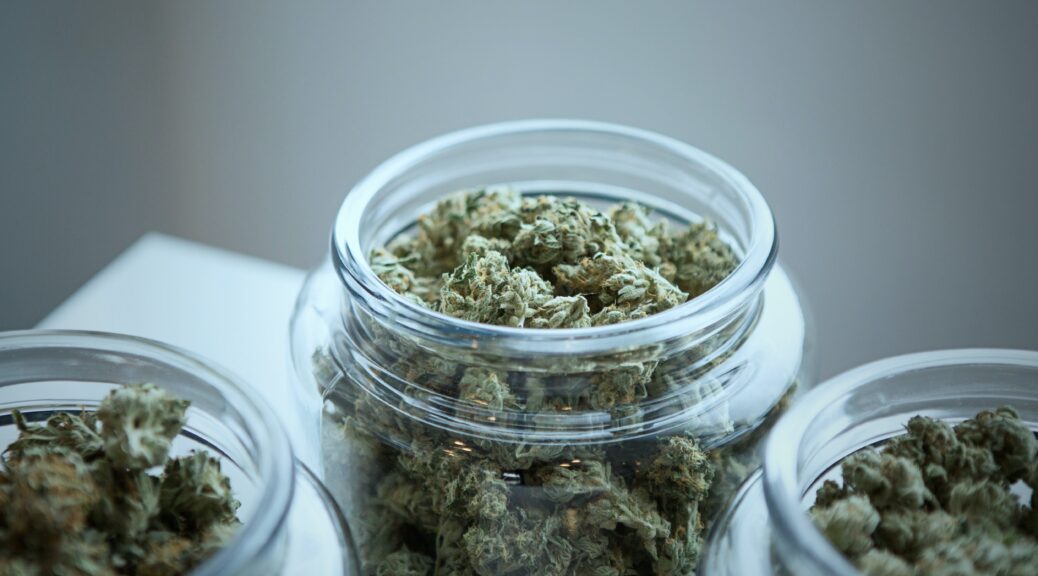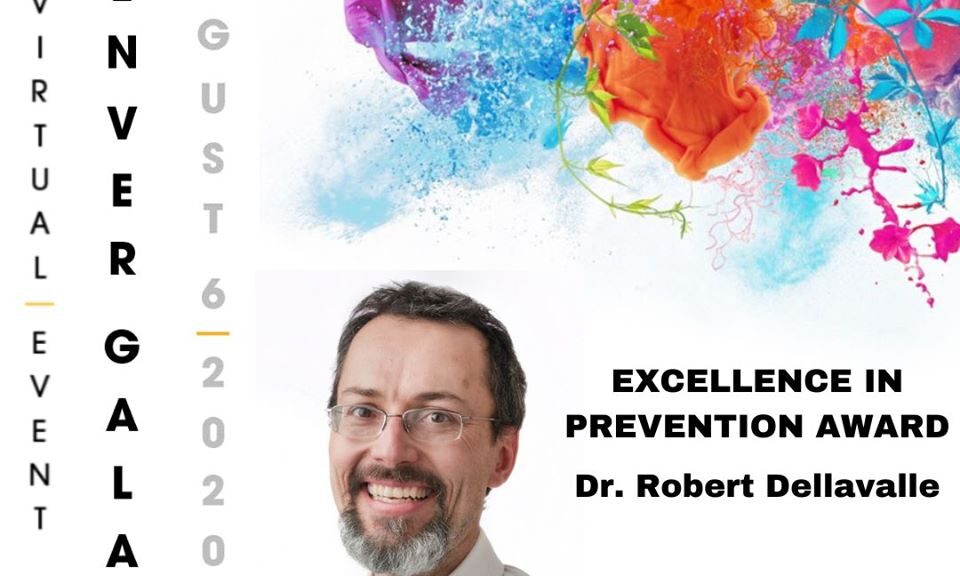In response to recreational UV exposure being associated with skin cancer (1), Julia Berteletti, MSW, and David Buller, PhD, of Klein Buendel have launched a new research project to harness technology to increase individual’s sun safety during outdoor physical activity. The title of the new project is “Using Retrospective and Real-Time Physical Activity Tracking to Predict Risk of Sunburn in Outdoor Exercisers on Strava.”
The Strava Sun Project is based on evidence that individuals who engage in more physical activity have a higher prevalence of sunburn (2, 3-6), a proximal biomarker of melanoma risk, and melanoma is positively associated with physical activity (7). For some athletes, forgetting to apply sunscreen (8,9) or not liking its feel while engaged in physical activity can be barriers to sun protection (8,10). An expert meeting hosted by the National Cancer Institute identified sun safety during physical activity as a priority research area (11) and the U.S. Surgeon General prioritized strategies for coordinating messages on sun safety and physical activity in the Call to Action to Prevent Skin Cancer (12).
Online and mobile technologies for tracking physical activity have exploded over the past decade. Many Americans wear activity trackers or GPS-enabled devices, such as Fitbit and Garmin, and upload their physical activity data to websites/mobile apps. Strava, an activity tracking app and social networking site for athletes of all abilities, is one of the most popular. Millions share their own activities and follow and comment on physical activity by other users in their network. The goal of this project is to increase skin cancer prevention among a high-risk population, adults who engage in outdoor physical activity by establishing feasibility of interfacing sun protection advice with the Strava website/mobile app.
Specifically, the research will create an algorithm that predicts when individuals are likely to be engaged in physical activity outdoors, and delivers sun safety advice tailored to time, location, and personal risk (for example, skin sun sensitivity). The Strava Sun program will obtain user data and deliver ecologically-valid sun safety advice by utilizing Strava’s open-source Applications Programming Interface (API) and location-based advice algorithms developed by Klein Buendel for the sun safety mobile app, sunZapp (13). Machine learning techniques will be employed to develop an algorithm using Strava activities to predict high-risk behavior, such as outdoor physical activity when UV levels are high and sun safety is advised.
Overall, a sun protection interface for the Strava platform will allow for the identification of a large population of Americans at high risk for skin cancer who routinely engage in physical activity, often outdoors with high-risk sun exposure, and reach them with sun safety advice they may not seek on their own to motivate them to practice sun safety during outdoor activities.
This project is funded by a grant from the National Cancer Institute at the National Institutes of Health (CA241637; Dr. David Buller and Ms. Julia Berteletti, Multiple Principal Investigators). Co-Investigators include Dr. Kim Henry and Dr. Chuck Anderson from Colorado State University. Other collaborators include Dr. Sherry Pagoto from the University of Connecticut and Mr. Scott Camichael, a recent software engineer at Strava. Developers at Klein Buendel will produce the API database and program.
References
- Moehrle M. Outdoor sports and skin cancer. Clin Dermatol. 2008;26(1):12-15.
- Holman DM, Ding H, Guy GP, Jr., Watson M, Hartman AM, Perna FM. Prevalence of Sun Protection Use and Sunburn and Association of Demographic and Behaviorial Characteristics With Sunburn Among US Adults. JAMA Dermatol. 2018;154(5):561-568.
- Holman DM, Berkowitz Z, Guy GP, Jr., Hartman AM, Perna FM. The association between demographic and behavioral characteristics and sunburn among U.S. adults – National Health Interview Survey, 2010. Prev Med. 2014;63:6-12.
- Hall HI, Saraiya M, Thompson T, Hartman A, Glanz K, Rimer B. Correlates of sunburn experiences among U.S. adults: results of the 2000 National Health Interview Survey. Public Health Rep. 2003;118(6):540-549.
- Coups EJ, Manne SL, Heckman CJ. Multiple skin cancer risk behaviors in the U.S. population. Am J Prev Med. 2008;34(2):87-93. doi: 10.1016/j.amepre.2007.09.032
- Lawler S, Sugiyama T, Owen N. Sun exposure concern, sun protection behaviors and physical activity among Australian adults. Cancer Causes Control. 2007;18(9):1009-1014.
- Moore SC, Lee IM, Weiderpass E, et al. Association of Leisure-Time Physical Activity With Risk of 26 Types of Cancer in 1.44 Million Adults. JAMA Intern Med. 2016;176(6):816-825.
- Petty KN, Knee CR, Joseph AK. Sunscreen use among recreational cyclists: how intentions predict reported behavior. J Health Psychol. 2012;18(3):439-447.
- Wysong A, Gladstone H, Kim D, Lingala B, Copeland J, Tang JY. Sunscreen use in NCAA collegiate athletes: Identifying targets for intervention and barriers to use. Prev Med. 2012;55(5):493-496.
- Berndt NC, O’Riordan DL, Winkler E, McDermott L, Spathonis K, Owen N. Social cognitive correlates of young adult sport competitors’ sunscreen use. Health Educ Behav. 2011;38(1):6-14.
- Geller AC, Jablonski NG, Pagoto SL, et al. Interdisciplinary perspectives on sun safety. JAMA Dermatol. 2018;154(1):88-92. PMC5839662.
- U.S. Department of Health and Human Services. The Surgeon General’s Call to Action to Prevent Skin Cancer. Washington, D.C.: U.S. Department of Health and Human Services, Office of the Surgeon General;2014.
- Heron KE, Smyth JM. Ecological momentary interventions: incorporating mobile technology into psychosocial and health behaviour treatments. Br J Health Psychol. 2010;15(Pt 1):1-39.


